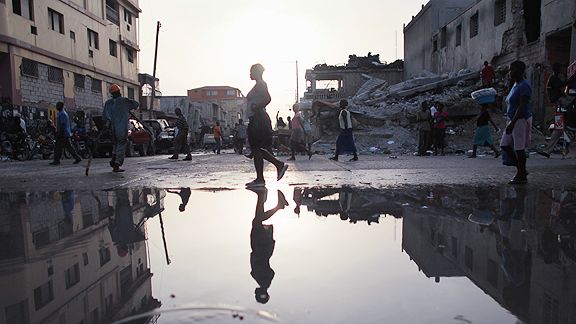- 6,390
- 10
- Joined
- Mar 21, 2004
on a serious note....
Anyone make a donation to any haiti relief fund?
i been seeing the damage that they took
and it hits me in my heart, if i could go over there to help i would
these are our brother's and sister's that are suffering regardless of color or status....
i made this post to see other people's views on the topic and to see if anyone's made a donation...maybe a prayer would work iono...
Anyone make a donation to any haiti relief fund?
i been seeing the damage that they took
and it hits me in my heart, if i could go over there to help i would
these are our brother's and sister's that are suffering regardless of color or status....
i made this post to see other people's views on the topic and to see if anyone's made a donation...maybe a prayer would work iono...


